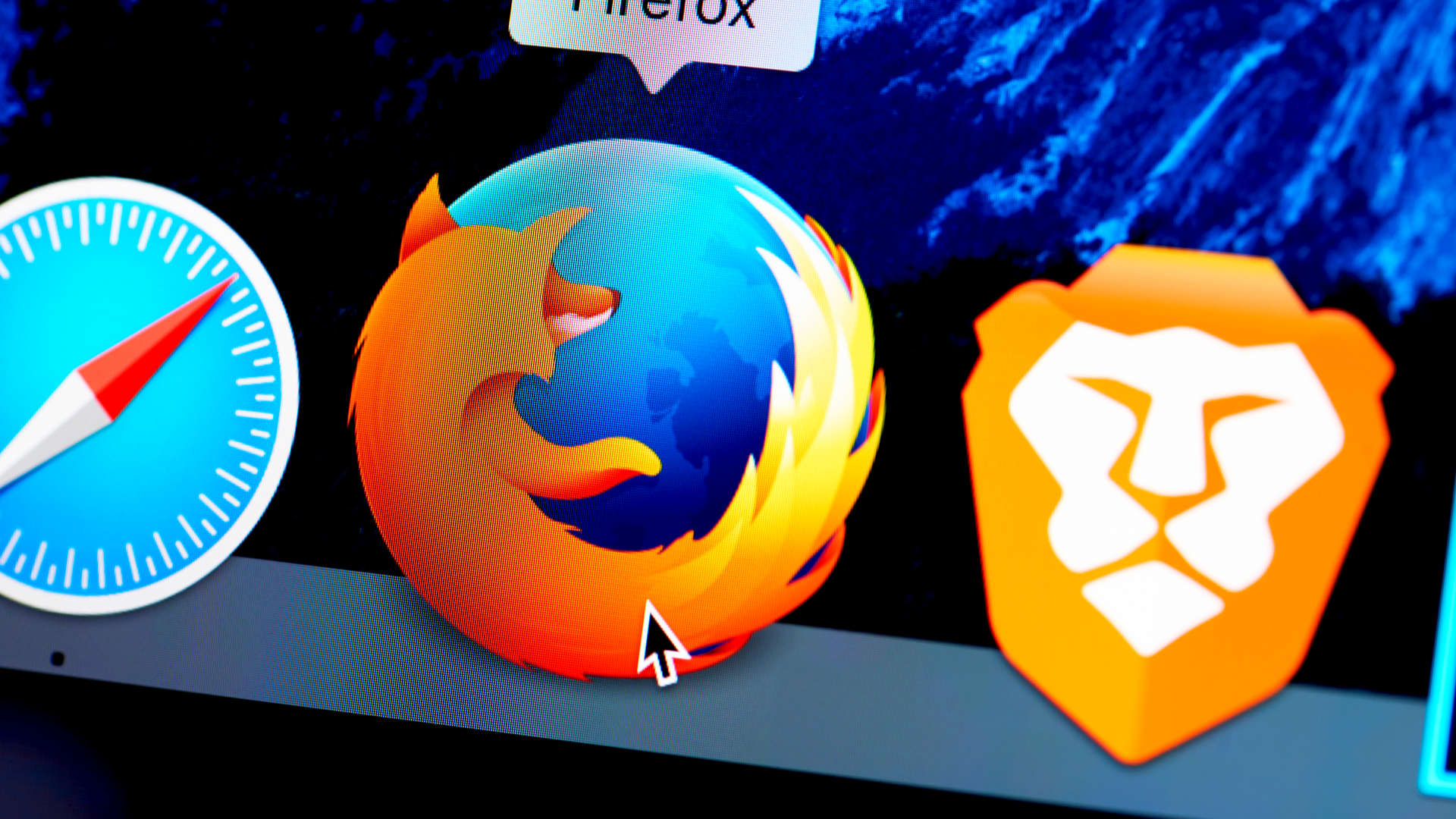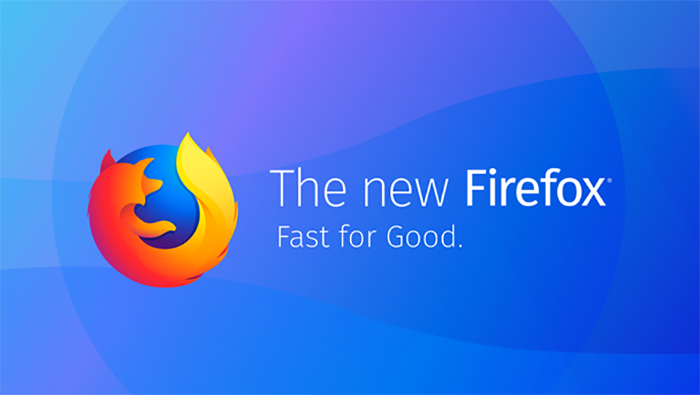Need to Know: Firefox 3.5
Version 3.5 of the Firefox web browser is imminent. We explain what to expect from this major update.


While we agree that Internet Explorer has come on a long way, we still don't think it's the best option out there.
There are now several web browsers out there, all competing for your attention and the biggest of these alternatives, Firefox, has just received a major update.
Our full review of Firefox 3.5 is now live.
What is Firefox?
If you recall your web history, in the late nineties, the browser wars' were conducted between Microsoft and Netscape. We all know who won that one, but out of the ashes of Netscape came an open source browser project originally Phoenix (out-of-the-ashes, geddit), then changed to Firebird, and then eventually to Firefox.
Since version 2, released in October 2006, it's started to significantly eat away at Microsoft's market share and version 3 achieved a over eight million downloads in a single day - getting itself into the Guinness World Records in the process.
Firefox is widely liked for its expandability, with its design allowing for the creation for third-party plug-ins or add-ons'. These provide extra features and make for a highly customisable web browsing experience.
Sign up today and you will receive a free copy of our Future Focus 2025 report - the leading guidance on AI, cybersecurity and other IT challenges as per 700+ senior executives
What happened to Firefox 3.1?
Soon after version 3.0 was released, Mozilla began to take up the version 3.1 update and this was supposed to have been released some months ago. However, as new features and enhancements were added it was renamed to version 3.5, to better reflect the number of improvements.
OK, so what's new in 3.5?
There are a number of new features in 3.5, but the one that many will care about it promised speed improvements competition has hotted up in recent months with both Google's Chrome and Apple's Safari 4 claiming speed records, and Firefox 3 is starting to feel its age.
It's all to do with the use of the Javascript rendering engine. Javascript is used for much of the new fangled Web 2.0 world we live in today, so getting it speedy is important - and Mozilla claims that it's twice as fast as Firefox 3 was and can compete with Chrome and Safari.
Benny Har-Even is a twenty-year stalwart of technology journalism who is passionate about all areas of the industry, but telecoms and mobile and home entertainment are among his chief interests. He has written for many of the leading tech publications in the UK, such as PC Pro and Wired, and previously held the position of technology editor at ITPro before regularly contributing as a freelancer.
Known affectionately as a ‘geek’ to his friends, his passion has seen him land opportunities to speak about technology on BBC television broadcasts, as well as a number of speaking engagements at industry events.
-
 The modern workplace: Standardizing collaboration for the enterprise IT leader
The modern workplace: Standardizing collaboration for the enterprise IT leaderHow Barco ClickShare Hub is redefining the meeting room
-
 Interim CISA chief uploaded sensitive documents to a public version of ChatGPT
Interim CISA chief uploaded sensitive documents to a public version of ChatGPTNews The incident at CISA raises yet more concerns about the rise of ‘shadow AI’ and data protection risks
-
 Mozilla to cut 250 jobs as part of major coronavirus restructure
Mozilla to cut 250 jobs as part of major coronavirus restructureNews The reorganisation has been made so the company can become faster, more innovative, and find more revenue streams
-
 Mozilla re-hires veteran Mitchell Baker to serve as CEO
Mozilla re-hires veteran Mitchell Baker to serve as CEONews The interim chair and CEO formally rejoins the organisation after Chris Beard stepped down in December 2019
-
 Mozilla fixes two Firefox zero-days being actively exploited
Mozilla fixes two Firefox zero-days being actively exploitedNews Critical vulnerabilities allow attackers to execute arbitrary code or trigger crashes
-
 Firefox angers users with alarming Mr Robot plugin
Firefox angers users with alarming Mr Robot pluginNews The opt-out extension led many users to believe they had been hacked
-
 Mozilla doubles the speed of its browser with Firefox Quantum
Mozilla doubles the speed of its browser with Firefox QuantumNews The browser is faster and makes use of your system resources better
-
 Mozilla’s rebrand confuses web browsers
Mozilla’s rebrand confuses web browsersNews Chrome, Safari and Firefox struggle with moz://a
-
 Firefox ditches 404s in favour of archived pages
Firefox ditches 404s in favour of archived pagesNews Mozilla's browser is trialling showing older versions of a webpage instead of an error message
-
 Mozilla’s bid for Tor hack used in child porn case rejected
Mozilla’s bid for Tor hack used in child porn case rejectedNews Firefox maker will not be granted access to an exploit the FBI uncovered in Tor
